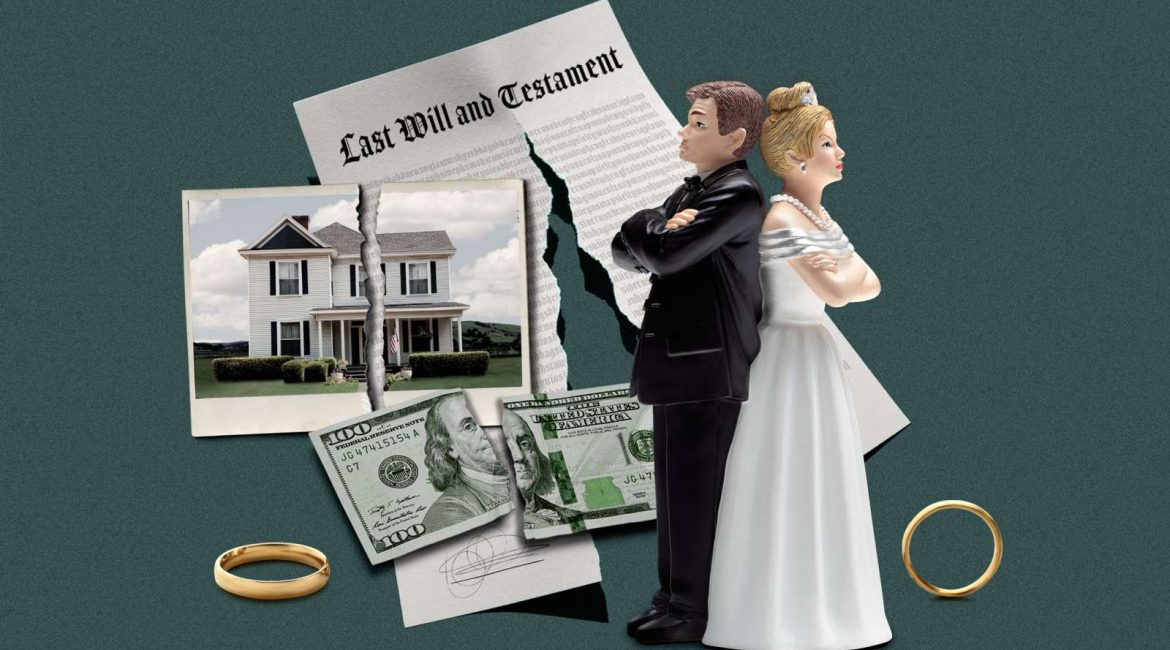Divorce is never easy, and estate planning can make it all the more challenging.
At such an emotional time, more paperwork is probably the last thing you want on your to-do list. But taking a few key steps is critical to your financial future.
“I’m hearing these estate planning questions more so than at any time in my career, and I’ve been at this three decades,” says Michelle Smith, founder and CEO of Source Financial Advisors and co-author of the book Divorce and Your Finances for Wachovia Securities. “This whole era has forced a new transparency: Are you organized, is your financial suitcase packed, and is everything in it ready to go? These conversations have become the norm now.”
Here’s what to keep in mind:
How does divorce affect your estate plan?
For the newly divorced, typical estate-planning conversations might involve revoking or rewriting your will, to ensure that everything won’t be going to your ex-spouse. Or they might involve changing your beneficiaries, like those on your life insurance policies or retirement accounts, so that all your assets don’t revert to your ex-spouse if you pass away.
Be careful about jumping the gun on all this, though. Some of these moves must wait until the divorce is finalized.
“In the middle of the divorce process you are stuck in this weird purgatory, and it needs to be navigated very carefully,” says Shawn Leamon, a Certified Divorce Financial Analyst and host of the podcast “Divorce and Your Money”. “It’s a potential minefield. It might not feel fair or right — but it’s the nature of the process.”
Once the decree is signed, though, it’s time to start updating, and the sooner the better.


